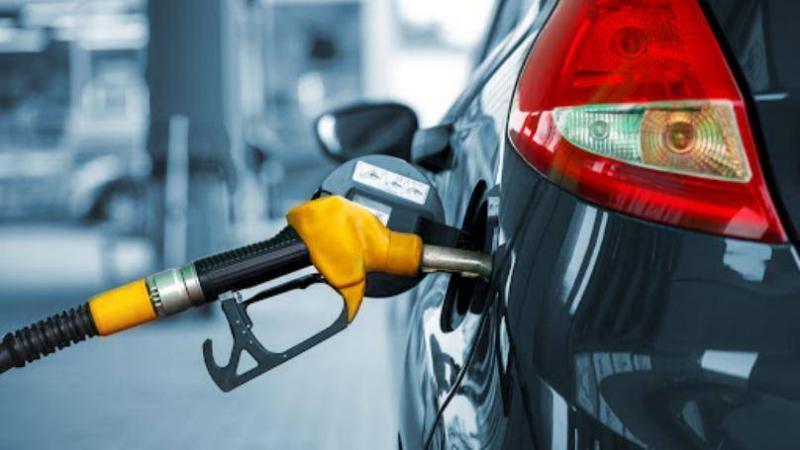Awaiting a statement from the "Electricity of Lebanon" institution, Lebanon is facing a complete blackout as the Zahrani plant will be disconnected from the grid tomorrow afternoon due to running out of fuel, after electricity had been available for a few hours in essential public facilities. This development coincides with the emergence of a fuel crisis, particularly with diesel due to scarcity, although the head of the Oil Importers Association, Maroun Shamas, clarified that there are 10 million liters of diesel in the market daily, noting that this is sufficient for consumption but not for storage.
The confusion in the fuel market has been exacerbated by reports from some news outlets regarding the oil importers receiving a decision from the Central Bank of Lebanon regarding a complete dollarization of prices and a full lifting of support from the Sayrafa platform... an assertion that was denied by the Central Bank, which stated that "this news is baseless."
Regarding the issues of electricity and diesel, the Director General of Oil, Auror Fghali, revealed to "Al-Markaziya" that a ship loaded with Iraqi fuel will set sail from Iraq to Lebanon on September 5, following the halt of the government contract with Iraq in August. The Lebanese and Iraqi sides moved to renew the contract, and the Iraqi government recently decided to resume supplying Lebanon with fuel, which delayed the import process due to routine administrative procedures and the approval of the Iraqi Cabinet to finalize the contract with Lebanon.
As for the diesel ship allocated for the oil facilities, Fghali stated, "It will arrive in Lebanon between today and tomorrow." She explained, "It is a small ship carrying 15,000 tons, half of which goes to the security forces, approximately 7,500 tons, and at least 1,000 tons will be allocated to the telecommunications sector, which requires large quantities of diesel to operate the exchanges, leaving around 6,500 tons for the people... noting that every facility holds 3,000 tons, which is a very small amount."




